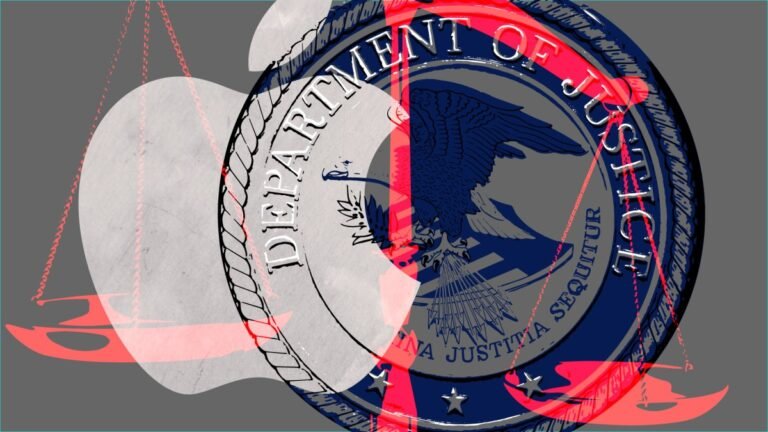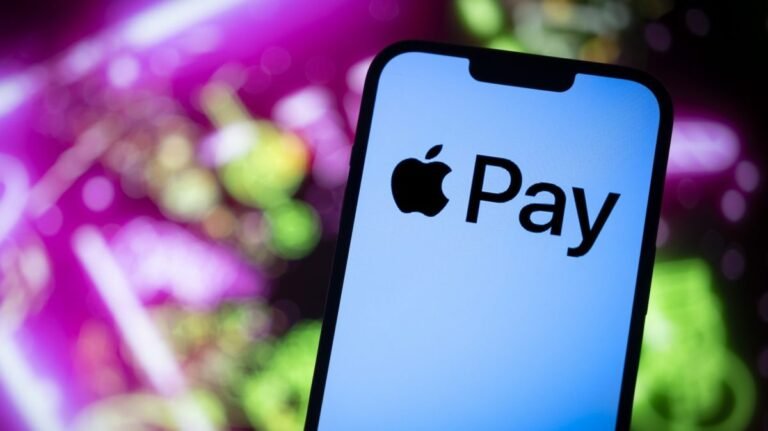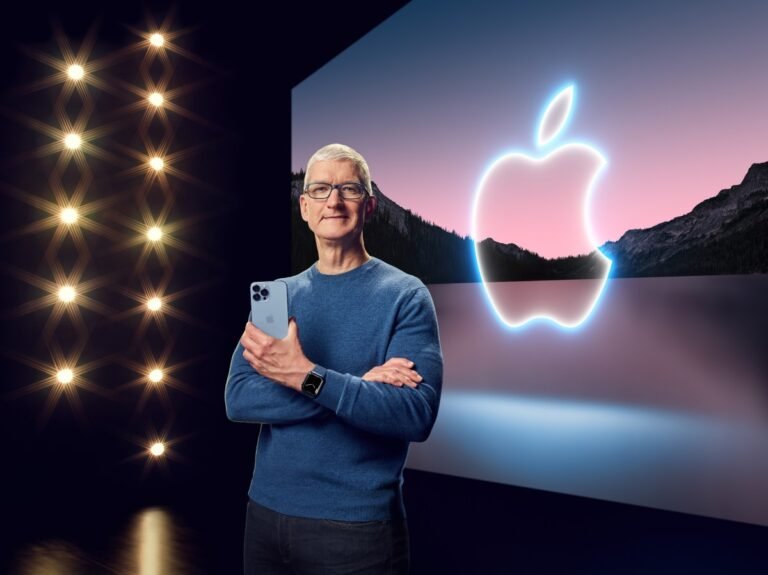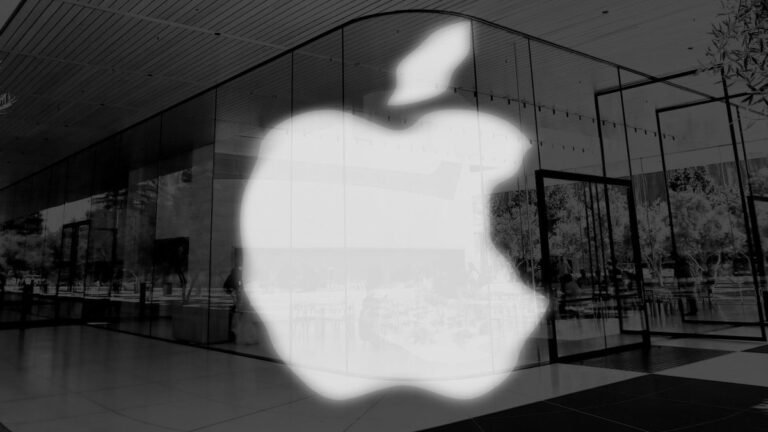
Apple’s iPhone antitrust lawsuit: Everything we know so far on the DOJ’s case U.S. regulators are accusing Apple of operating like a monopoly, and the implications of the case stretch far beyond iOS and iPhones themselvesApple’s antitrust scrutiny has reached a fever pitch.
We’ll be updating this page as the Apple antitrust case evolves, but keep in mind that there will be little settled in the short term.
The DOJ’s claims against AppleIf you want to dive into legal docs immediately, you can read the DOJ’s lawsuit right here.
The DOJ’s antitrust case against Google, which was filed back in 2020, went to trial last year and could still take a couple more years to reach a conclusion.
For more on Apple’s antitrust lawsuit, check here:

The U.S. Department of Justice filed a lawsuit against Apple Thursday, accusing the company led by CEO Tim Cook of engaging in anti-competitive business practices.
The allegations include claims that Apple prevents competitors from accessing certain iPhone features and that the company’s actions impact the “flow of speech” through its streaming service, Apple TV+.
This is not the first time Apple has faced legal action from the DOJ.
In 2012, the agency sued Apple for conspiring with publishers to increase ebook prices, a lawsuit that was not settled until 2016.
Morgan Stanley analysts said Friday that the current lawsuit could also favor Apple, as many similar allegations have already been ruled on by a judge in the Apple vs Epic case, with the ruling stating that Apple does not violate antitrust laws.

The one time that Europe is explicitly mentioned, however, is in relation to Apple’s grip on digital wallets, NFC and mobile payment technology within its iOS ecosystem.
For context, the EU filed charges against Apple in May 2022, concluding that Apple “abused a dominant position” around mobile wallets by preventing rival services from accessing the iPhone’s contactless NFC payment functionality.
For example, Apple allows merchants to use the iPhone’s NFC antenna to accept tap-to-pay payments from consumers.
Then there is cross-platform smartwatch compatibility, which the DOJ says Apple impedes by restricting certain features from third-party smartwatch makers.
However, NFC, digital wallets, and mobile payments are where they seem to be most neatly aligned on.

Apple is dubbing the litigation misguided and warning the DOJ risks trashing all the things its customers value about its integrated mobile ecosystem.
In an on-the-record statement provided to TechCrunch, Apple said:This lawsuit threatens who we are and the principles that set Apple products apart in fiercely competitive markets.
The suit claims Apple holds a more than 70% share of “performance smartphones” and over 65% of the US smartphone market, respectively.
But they are also aggressively briefing that the DOJ case will fail.
In today’s briefing Apple also claimed the DOJ’s case has changed tack multiple times (it suggests at least six) over the four years it’s been in formulation.

The Coalition for App Fairness (CAF) released a statement on Thursday cheering on the Department of Justice’s antitrust lawsuit against Apple.
The group includes a number of key app makers, including Epic Games, Spotify, Deezer, Match Group, Proton and others.
In 2020, Epic made it possible for Fortnite players to pay Epic directly, rather than giving a cut to Apple.
Then, Apple removed Epic from the App Store, which sparked a slew of legal proceedings.
In a statement, Apple said: “This lawsuit threatens who we are and the principles that set Apple products apart in fiercely competitive markets.








